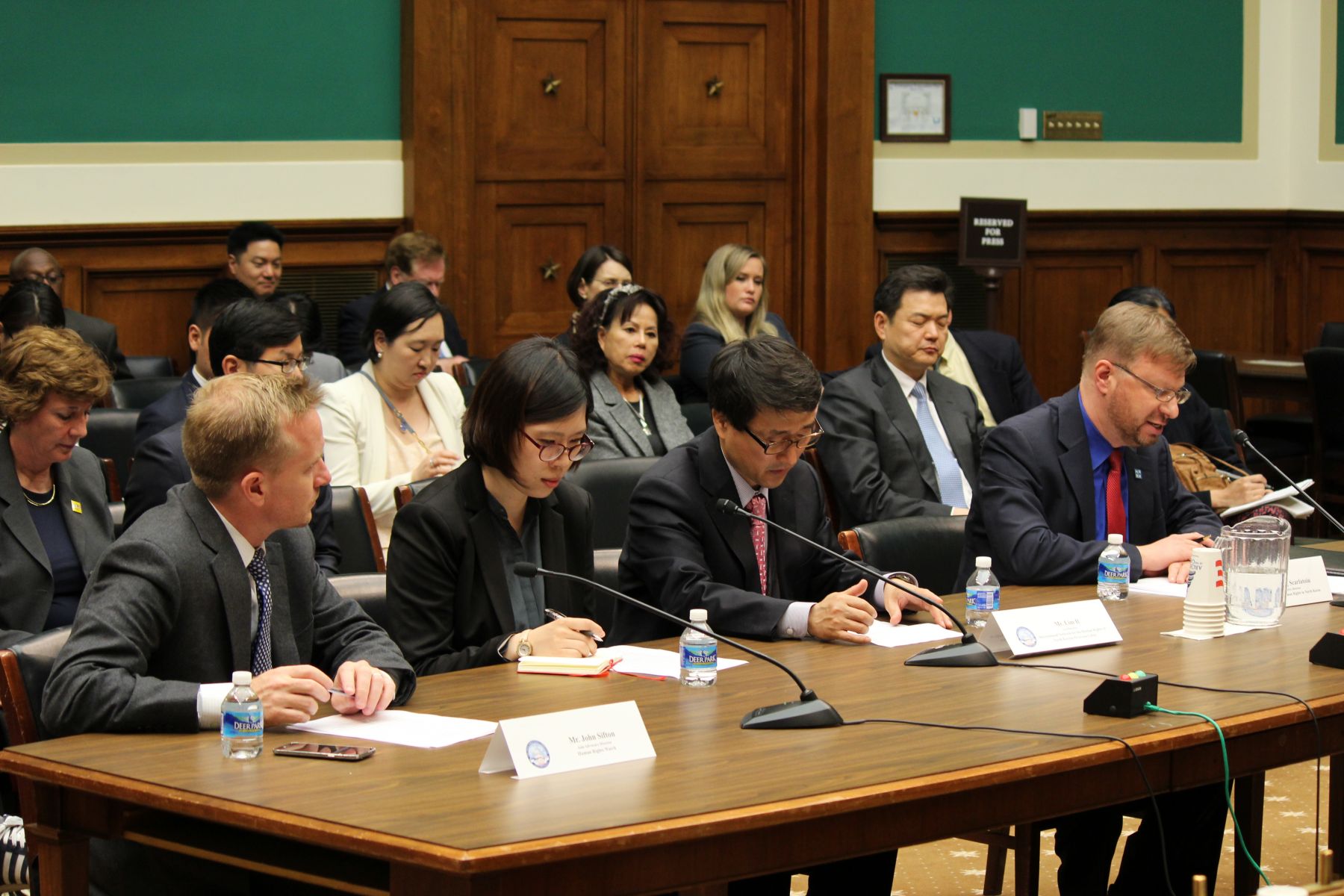
The Board of Directors of the Committee for Human Rights in North Korea (HRNK) is comprised of distinguished experts and advocates dedicated to exposing and addressing the severe human rights abuses perpetrated by the North Korean regime. With a focus on raising global awareness, advocating for victims, and promoting accountability, the Board provides strategic guidance and oversight to HRNK's mission.

Co-Chair
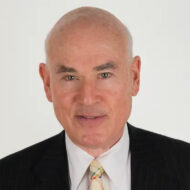
Co-Chair

Co-Vice-Chair
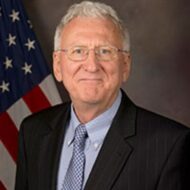
Co-Vice-Chair
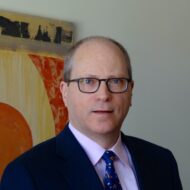
Treasurer
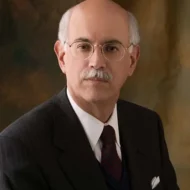
Co-Chair Emeritus
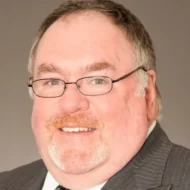
Partner, Co-Chair, Healthcare Practice, Foley Hoag LLP
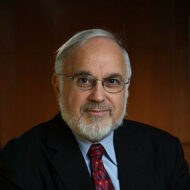
Associate Dean of the Simon Wiesenthal Center, LA

Senior Fellow in the Future of Diplomacy Project, Harvard University JFK Belfer Center for Science and International Affairs
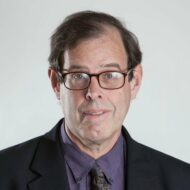
Henry Wendt Chair in Political Economy at the American Enterprise Institute
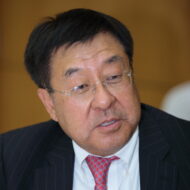
President, Kahng Foundation
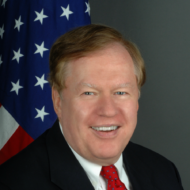
Former U.S. Special Envoy for North Korean Human Rights Issues
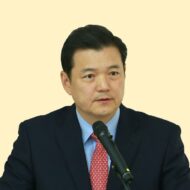
Dean, Graduate School of International Studies (GSIS) Yonsei University
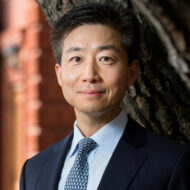
Fellow, Woodrow Wilson International Center for Scholars
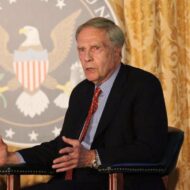
Former Assistant Secretary for East Asia, Department of State, Ambassador to China, Director of State, Department Policy Planning Staff
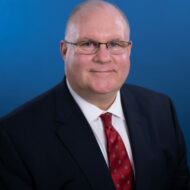
Vice President, Center for Asia Pacific Strategy

Former professor of Korean history and film, Cornell University
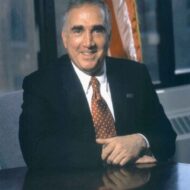
Chairman & Chief Executive Officer (Emeritus), Cypress International
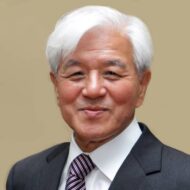
Professor Emeritus of Sociology at Loyola University Maryland, Co-Chair of the One Korea Coalition (OKC)
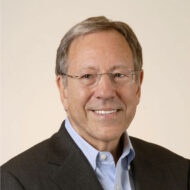
Canada
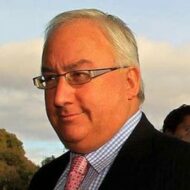
Australia
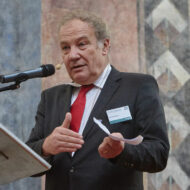
Czech Republic
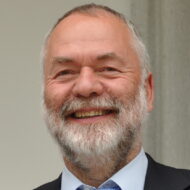
Germany
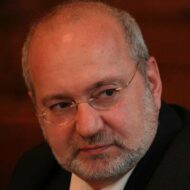
Hungary
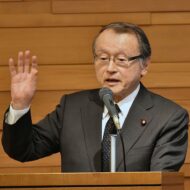
Japan
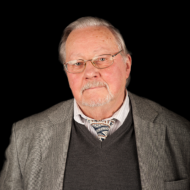
Lithuania
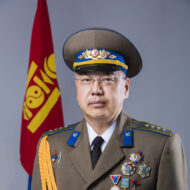
Mongolia
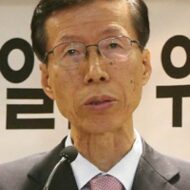
Republic of Korea
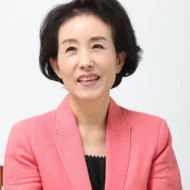
Republic of Korea
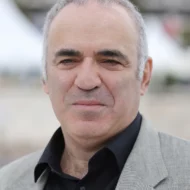
Russia
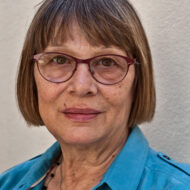
Serbia
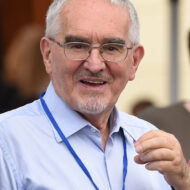
Slovakia
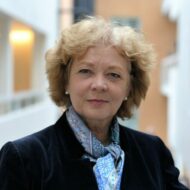
Sweden
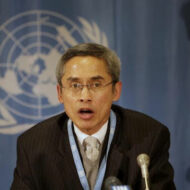
Thailand
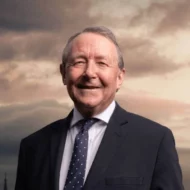
United Kingdom
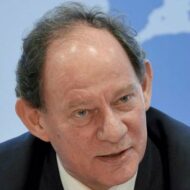
United Kingdom
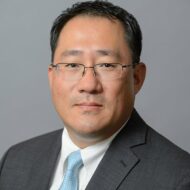
United States
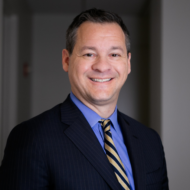
United States

Successful applicants will undergo a formal interview process before being offered an internship. Applications will be processed on a rolling basis. We strongly recommend that applicants apply at least 3 months prior to their anticipated start date. Internships are typically unpaid, but academic credit is honored. A minimum commitment of 20 working hours per week is preferred. Please upload your documents in the .doc format.
